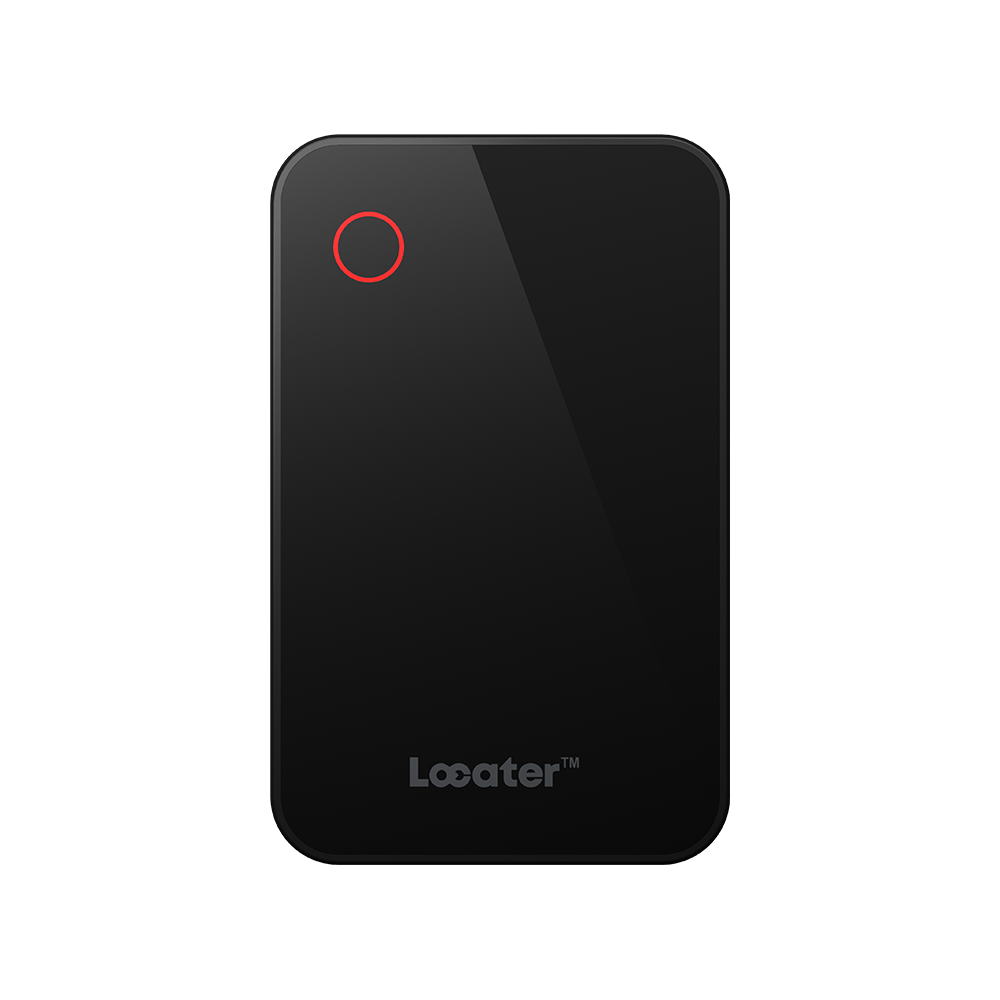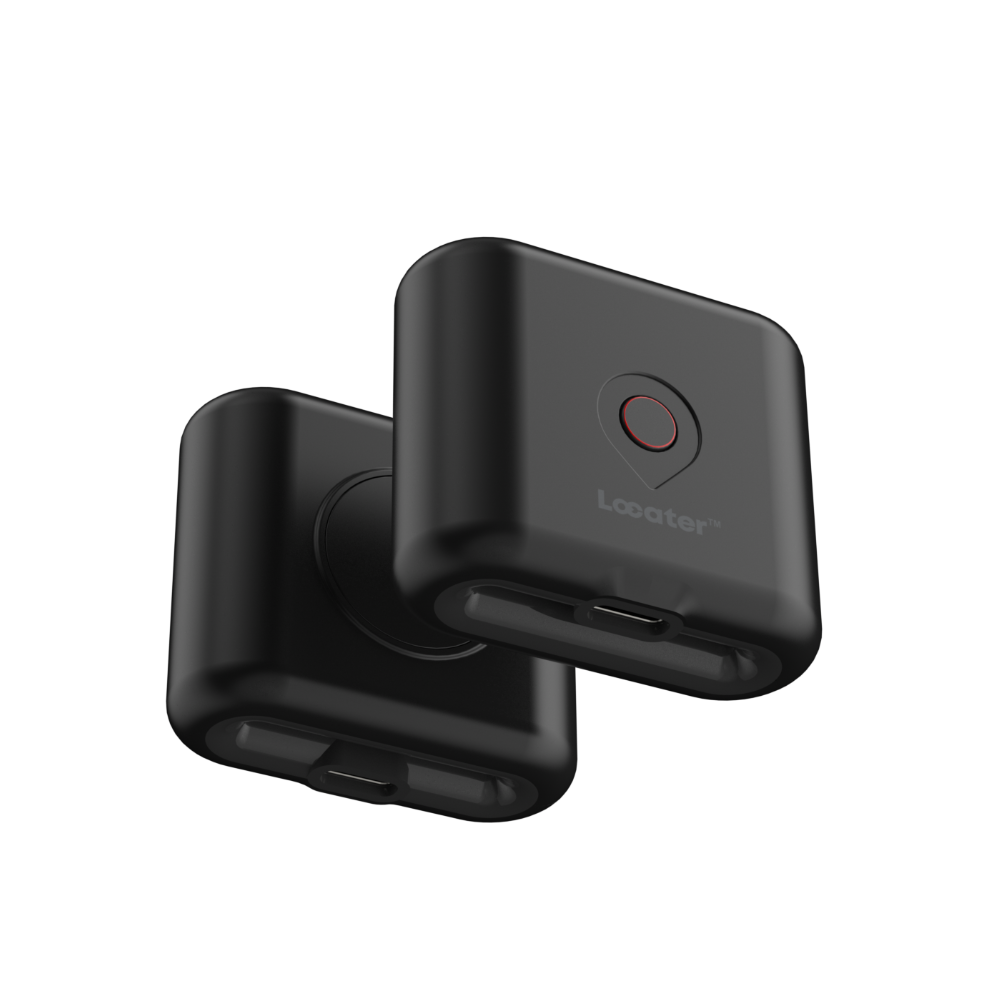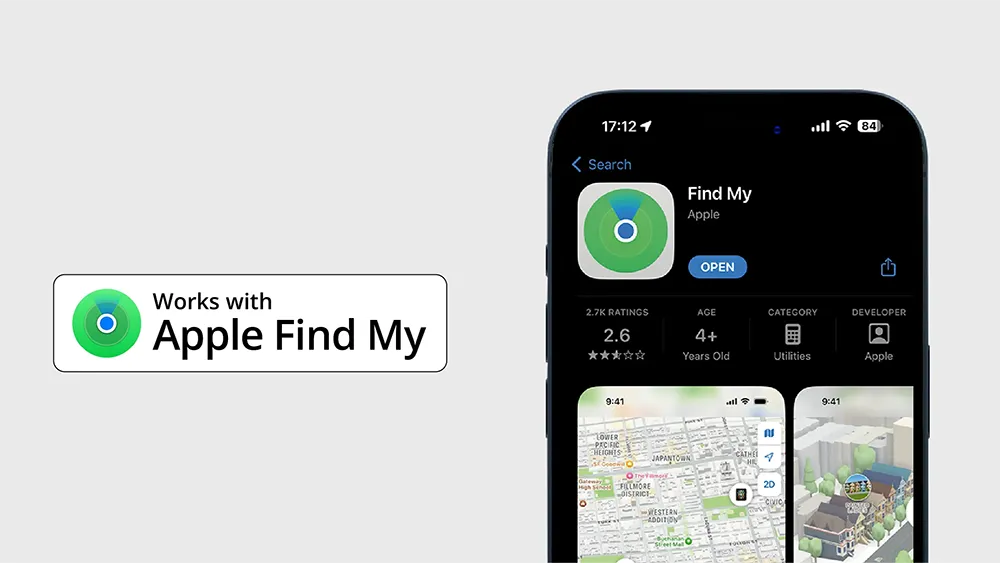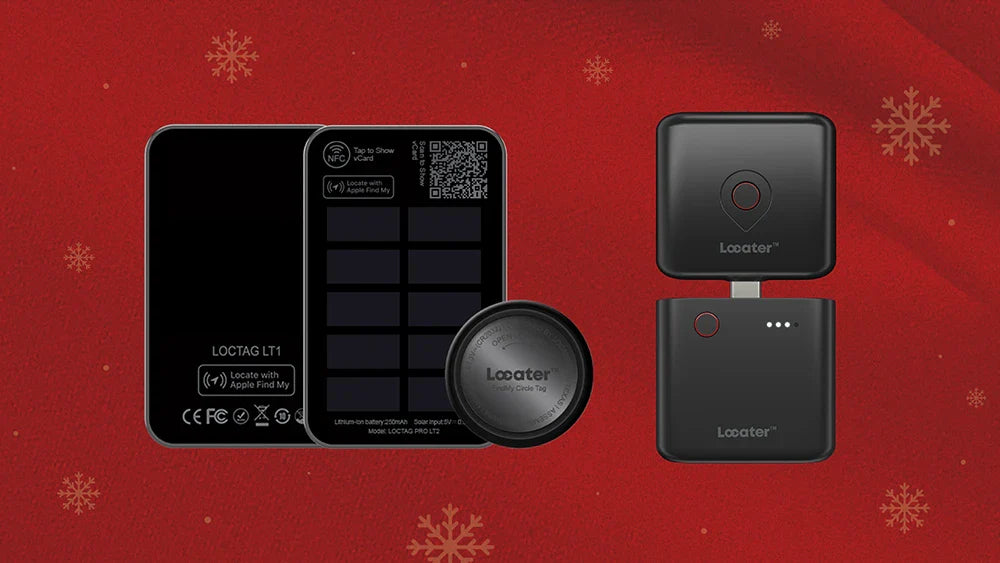Discover which tracking technology best suits your needs with our comprehensive analysis of GPS trackers and Bluetooth locators, including real-world performance data and expert recommendations.
Choosing between a GPS tracker and Bluetooth locator can feel overwhelming, especially when both technologies promise to help you never lose your valuables again. However, understanding their fundamental differences is crucial for making the right investment. Let's examine how these tracking technologies stack up in 2025, backed by real-world data and expert insights.
According to recent studies, the average person spends 2.5 days per year searching for lost items. This staggering statistic has driven innovation in tracking technology, leading to more sophisticated GPS and Bluetooth solutions than ever before.
Understanding the Core Technologies
Before diving into comparisons, it's essential to understand how each technology fundamentally operates. This knowledge will guide your decision-making process and help you avoid common misconceptions that lead to poor purchasing choices.
GPS Tracking Technology
GPS trackers use satellite networks to pinpoint exact locations with remarkable precision. Modern GPS devices can achieve accuracy within 3-5 meters under optimal conditions. What makes GPS particularly powerful is its global reach – your tracker works whether you're in downtown Manhattan or hiking in rural Montana.
However, this global capability comes with trade-offs. GPS trackers typically require cellular connectivity for real-time updates, meaning ongoing subscription costs. They also consume more power, often requiring weekly or bi-weekly charging cycles.
 GPS Tracker Technology Diagram: Global precise positioning through satellite networks, ideal for remote and outdoor environment tracking
GPS Tracker Technology Diagram: Global precise positioning through satellite networks, ideal for remote and outdoor environment tracking
Bluetooth Locator Technology
Bluetooth trackers operate on an entirely different principle. Instead of satellites, they create a crowdsourced network of smartphones. When a Bluetooth tracker comes within range of any smartphone running the corresponding app, it anonymously reports the location. This approach has proven surprisingly effective in urban areas.
According to Apple's Find My network data, their system includes hundreds of millions of active devices worldwide, creating an incredibly dense detection network in populated areas.
 Leading Bluetooth Tracker Brand Comparison: Design and functionality differences between AirTag, Tile, SmartTag, Chipolo and other market-leading products
Leading Bluetooth Tracker Brand Comparison: Design and functionality differences between AirTag, Tile, SmartTag, Chipolo and other market-leading products
Head-to-Head Performance Comparison
Range and Coverage
GPS Trackers
-
Global coverage with satellite connectivity
-
Work in remote locations without cellular towers
-
Continuous tracking regardless of population density
-
Real-time location updates (with cellular plan)
Bluetooth Locators
-
Effective range of 30-400 feet for direct connection
-
Crowdsourced network extends range in populated areas
-
Limited effectiveness in rural or remote locations
-
Location updates depend on nearby smartphones

2025 Bluetooth Tracker Performance Testing: Professional evaluation comparing coverage range, battery life, and accuracy across multiple mainstream products
Battery Life and Maintenance
This is where Bluetooth locators shine significantly. Most Bluetooth trackers offer 6-12 months of battery life, with some premium models lasting up to 2 years. GPS trackers, due to their power-hungry satellite and cellular communications, typically require charging every 3-14 days depending on usage intensity.
Consider this practical scenario: if you're tracking your pet's collar, a GPS tracker means remembering to charge it multiple times per month. A Bluetooth tracker lets you "set it and forget it" for nearly a year.
Cost Analysis: Initial Investment vs Ongoing Expenses
The total cost of ownership reveals interesting patterns. Bluetooth locators typically cost $25-$35 upfront with no recurring fees. GPS trackers range from $50-$200 initially, plus monthly subscription fees of $10-$30 for cellular connectivity.
Over a two-year period, a Bluetooth tracker might cost $30 total, while a GPS tracker could reach $200-$400 including subscriptions. However, this cost difference must be weighed against the specific tracking capabilities you need.
Real-World Use Cases: Which Technology Wins?
Your choice should ultimately depend on how and where you'll use the tracker. Let's examine specific scenarios where each technology excels.
Urban Pet Tracking
For city dwellers with cats or small dogs, Bluetooth locators often provide the perfect balance. The dense smartphone network in urban areas means excellent coverage, while the longer battery life reduces maintenance hassles. However, if your pet is an escape artist who ventures beyond neighborhood boundaries, GPS tracking becomes essential.

Pet GPS Tracker Real-World Application: Professional-grade GPS collar providing real-time location monitoring, especially suitable for active pets prone to wandering
Vehicle and Asset Security
When it comes to protecting valuable assets like vehicles, motorcycles, or expensive equipment, GPS trackers are typically the superior choice. The ability to track movements in real-time and receive alerts when items leave designated areas provides security that Bluetooth networks simply cannot match.
Elderly Care and Safety
For monitoring elderly family members, especially those with dementia, GPS trackers offer crucial advantages. The ability to track location in real-time, regardless of smartphone density, can be literally life-saving. Many GPS trackers also include panic buttons and two-way communication features.
Making Your Decision: 2025 Recommendations
The GPS vs Bluetooth tracker comparison ultimately comes down to your specific needs, budget, and usage patterns. Here's our expert recommendation framework:
Choose GPS Trackers When:
-
You need real-time tracking for safety or security
-
Your items frequently travel to rural or remote areas
-
You're tracking valuable assets worth $500+
-
You require features like geofencing or emergency alerts
Choose Bluetooth Locators When:
-
You primarily need tracking in urban or suburban areas
-
Budget constraints make ongoing subscription fees prohibitive
-
You're tracking personal items like keys, wallets, or bags
-
Low maintenance and long battery life are priorities
Interestingly, many users find that a hybrid approach works best. Using Bluetooth trackers for everyday items and GPS trackers for high-value assets or safety-critical applications provides comprehensive coverage while managing costs effectively.
Looking Ahead: Technology Trends for 2025
The tracking technology landscape continues evolving rapidly. Industry analysts predict that hybrid trackers combining both GPS and Bluetooth capabilities will become more common, offering users the best of both worlds.
Additionally, improvements in battery technology and the rollout of 5G networks promise to narrow the gap between GPS and Bluetooth tracker capabilities, making this an exciting space to watch throughout 2025.
Whether you choose GPS or Bluetooth tracking, the most important step is taking action. The peace of mind that comes from knowing you can locate your valuables – whether it's a beloved pet, expensive equipment, or everyday essentials – is invaluable in our increasingly mobile world.





